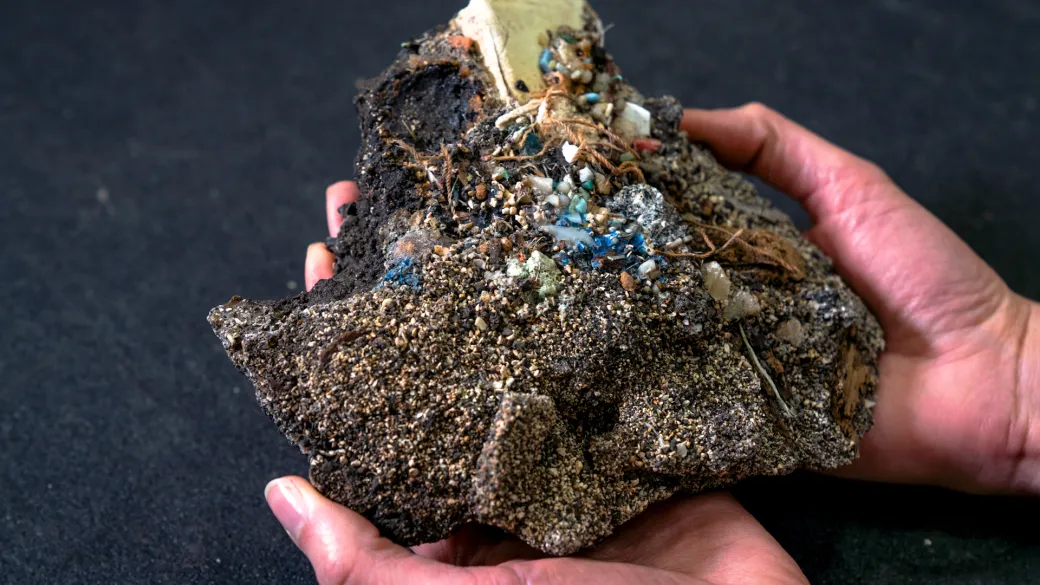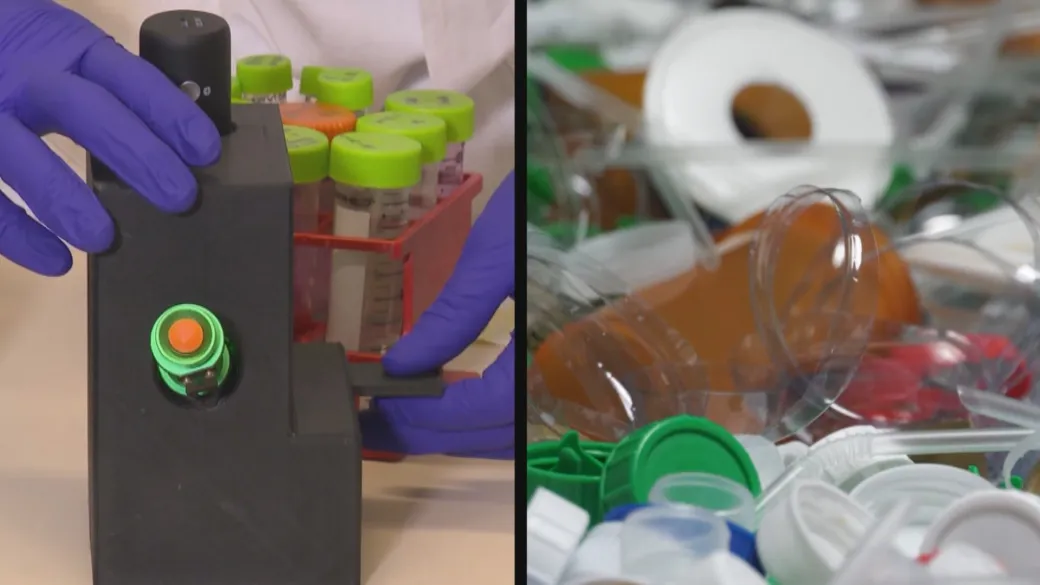Researchers at the University of British Columbia may have found a way to deal with microplastics.

Microplastics are tiny plastic particles, usually five mm or less in size, that are formed by breaking away from larger plastics found in our environment.
They can also come from microbeads that are found in toiletries and microfibres that are released from clothes.
The plastic pollution can linger in ecosystems for decades and now UBC zoologist Dr. Michelle Tseng and alumna Shim Gicole have found that mealworms may be the answer.
A new Biology Letters paper describes mealworms ingesting ground-up face masks, a common plastic product, mixed with bran.
After 30 days, the research team found the mealworms ate about half of the microplastics available, about 150 particles per insect and they gained weight.
They only excreted a small fraction of the microplastics, about four to six particles per milligram of waste, and did not appear to affect their survival and growth, the research found.
Mealworms can survive up to eight months without food or water and are considered nature’s scavengers and decomposers.

Tseng said the next step will be to learn how the mealworms broke down the microplastics and investigate how that knowledge can be used to address plastic pollution.
“Perhaps we can start viewing bugs as friends,” she said.
“We’re killing millions of insects every day from general pesticides – the very same insects we could be learning from to break down these plastics and other chemicals.”

Heart health is crucial for overall well-being. Learn how to keep your heart healthy with these simple lifestyle changes, expert tips, and the latest medical advancements.